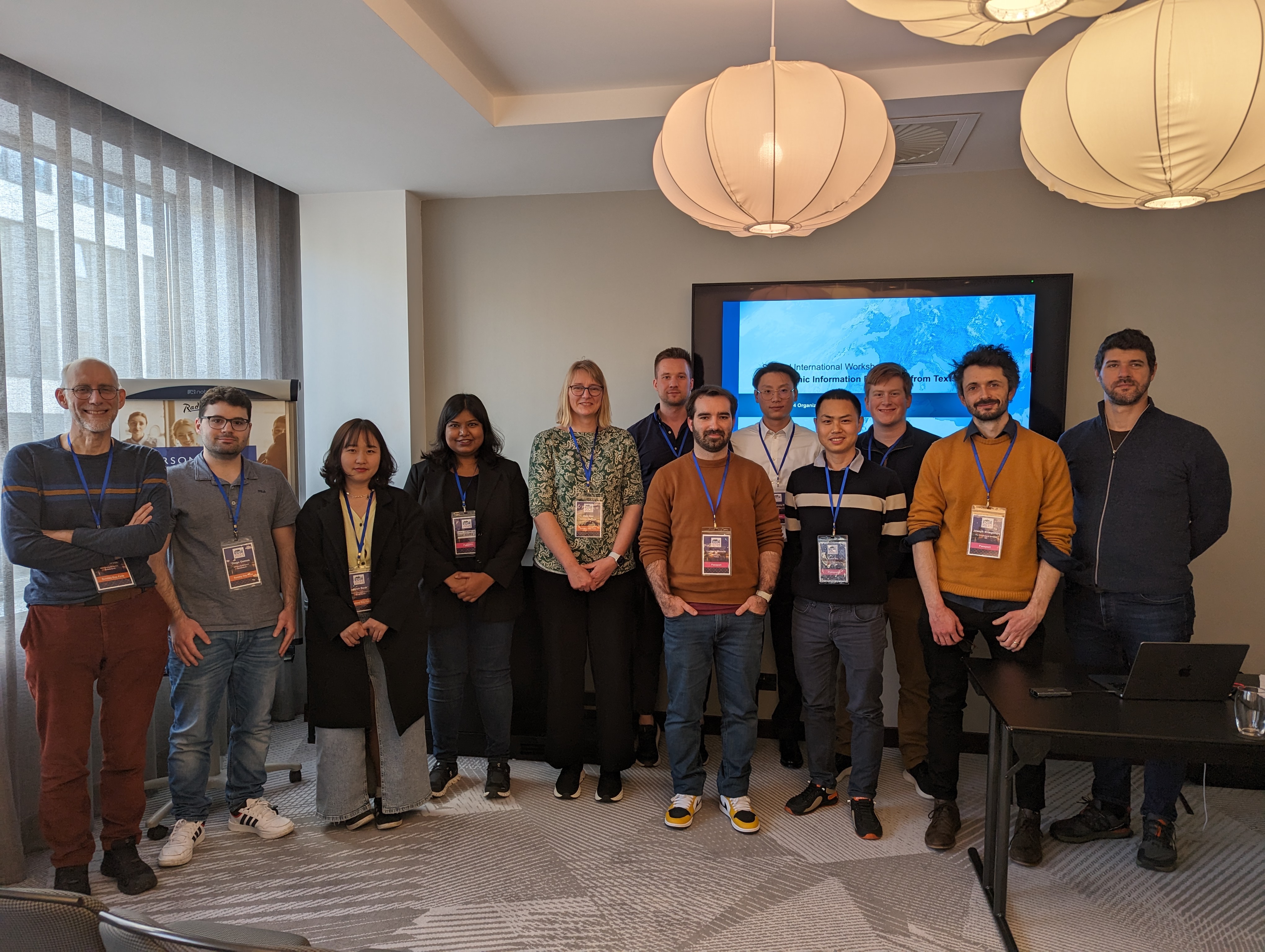Presenting at ECIR/GeoExT 2024
It was a great pleasure to take part in the Geographic Information Extraction from Texts (GeoExT) workshop held at the ECIR 2024 in Glasgow at the end of March.
At the workshop, I presented my PhD’s first short paper titled Do Sentence Transformers Learn Quasi-Geospatial Concepts from General Text? (see arXiv). In this experiment, we looked at BERT-based sentence transformers, fine-tuned on general question-answer pairs, and their zero-shot ability to associate short and subjective queries looking for particular hiking experiences with synthetically composed route descriptions. We demonstrated mixed results.
For example, one tested model was able to consistently relate ‘beginner hikers’ and those with ‘limited mobility’ to shorter and flatter walks; another was able to associate ‘walks that can be completed in under an hour’ with shorter walks. But we also discovered that models fine-tuned on the same dataset sometimes showed very different results, signaling that architectures and pre-training matter.

It was a pleasant surprise to see pretty much every presentation featuring (large) language models, even if in passing. There is a clear potential for the (L)LMs to be used to solve geospatial problems, yet the researchers still debate fairly basic questions: Can general AI solve geospatial, or do we need a special GeoAI (to rephrase, Is geospatial any special)? How do we translate vector geospatial data, consisting of just points and relations, into something language models can understand? How do marry the subjectivity in human perception of experiences (one person’s ‘quite far’ is another one’s ‘waaaaay too close’) with the GIS field that is dedicated to accuracy and precision? Where do we get more high-quality geospatial data for training and fine-tuning our models?
These uncertainties and complexities are what excites me the most about the field, and I’m committed to helping solve at least one of those problems in the months and years to come.
